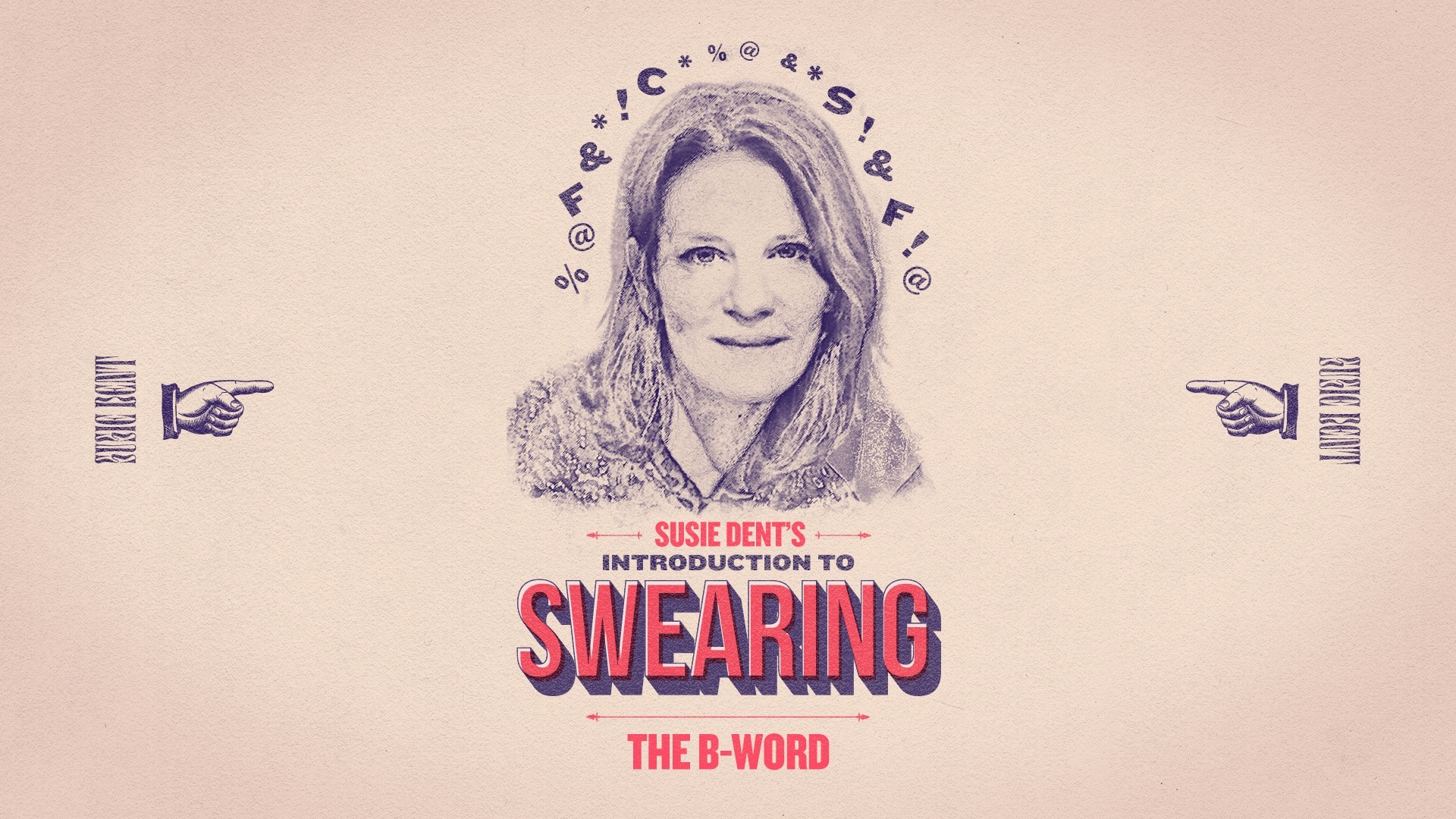
Susie Dent’s guide to potty-mouthed language heads just a little south…

In this medieval illustration, a beaver tries to bite off his own knackers
Twiddle-diddles, jellybags, nicknacks, gingmabobs, Aunt Pollys, whirligigs, gonads, tallywags, nutmegs, plums: the testicular lexicon positively bulges at the seams. King of them all, however, is ‘bollocks’, a word that has had one of the most curious journeys of all modern swears, in which it has served as a term of affection, a powerful insult, a highly cathartic exclamation, and a top compliment.
Its origins are straightforward enough. A Latin-English glossary from the 10th century offers ‘beallucas’ as a translation of testiculi; five centuries later, we learn the dubious fact from William Caxton that ‘Castours..whan they ben honted..byte wyth their teeth their owne genytoirs or ballocks and lete them falle’ [‘Beavers, when they are hunted, bite off their own genitals or bollocks with their teeth and let them fall’]. This was a time when intestines were known plainly as ‘arse-ropes’, and ‘bollocks’ was a perfectly standard and acceptable term for testicles, appearing in Wycliffe’s translation of the Bible and in many a medieval surgical manual.

A medieval prayer book, or ‘Book of Hours’, featuring the baby Jesus sucking his mam’s baps
It wasn’t until the early 18th century that the term began to take on more metaphorical uses. Some are delightfully strange. A ‘ballocks’ could be a parson or naval chaplain, but also a mild swear. One writer of the time declared mischievously that ‘Kiss my Arse is far too vulgar’, opting instead for ‘Kiss my Ballocks’.
In the same century, the French satirist Rabelais used ‘bollocks’ as a term of endearment: ‘ Nay truly,..Fryar John, my left Ballock, I will believe thee, for thou dealest plain with me.’ Rabelais certainly wasn’t the first to recognise the charms of the ballocks – a 16th-century comedy includes the statement ‘I wolde fayne haue this chayne (of golde) my pretye pryncockes, or my ballocke stones’.

16th century French satirist and all-round cheeky Chappy Rabelais
At the same time, bollocks were popping up everywhere in the botanical world. The term was particularly applied to varieties of orchid – such as ‘bollock grass’ and ‘ballockwort’ – on account of the shape of the plant’s tubers (‘orchid’ itself is from the Latin orchis, ‘testicle’). ‘Mouse-ballock’ was a popular name for the scarlet pimpernel, whose leaves were somehow likened to a mouse’s testicle, a sight that is thankfully a mystery to the rest of us.
Want more foul-mouthed indecency? You can find all of Susie Dent’s Introduction to Swearing here!
In the early 20th century the tide began to turn, and ‘bollocks’ became a full-on insult, as well as a byword for nonsense, boloney, and codswallop.

The Sex Pistol’s first and only studio album (‘Never mind the bollocks!’ is a working-class phrase meaning to ‘stop talking rubbish’)
A ‘bollocks in brackets’ was a bow-legged man, while a ‘big ballocks’ was a self-important one. To ‘bollocks’ something up was to botch it completely, and to be ‘ballocksed’ was to be in low spirits indeed. Soldiers in the First World War would blame their mistakes upon the (generously-testicled) mythical character Ballocky Bill the Sailor, who could surely today grace any edition of Viz.
By the 1950s the exclamation ‘Bollocks!’ had become a general term of derision as well as a self-shouted swear when things went awry. And there it has largely stayed, even as we begin to see the good in testicles again, claiming ‘top bollocks’ as our new superlative – a successor to the much older ‘dog’s bollocks’, whose earliest incarnation was actually as printers’ slang for the colon dash :-
In broadcasting terms, ‘bollocks’ is a bit of a maverick, floating around the middle of the swearing league table. In 2000, the BBC declared the term to be in eighth place in terms of its perceived severity, putting it in an anatomically supremely accurate position – under ‘prick’, and above ‘arsehole’.
In swearing, as in language, words tend to be remarkably circular in their trajectory. The story of ‘bollocks’ is far from over. We may not be quite back to the neutrality of the term’s earliest days, but inviting our circle of ‘best bollocks’ to the pub might one day feel as natural as emptying our arse-ropes.
- Want to write for us? We’re looking for the best British arts and the people that make it, from Land’s End to John O’Groats. Have a look at our pitching guidelines.





6 Comments
In the 80’s & 90’s on Thursdays and Fridays at Glastonbury there would be a chorus of “Bollocks” from all around the campsite, don’t know how it started but was enthusiastically greeted and repeated. Great fun!!
In Ireland we often write and use ‘bollox’ do we know if there is anything in this it is it simply another spelling?
My friend called his (well endowed) cat Bollocks, so that he could open his door every night and shout “Bollocks!” without getting locked up>
Sorry but I’ve never heard “top bollocks” used as a superlative but only as a synonym for tits
There’s a foreign lady living near us who has a dog named Bolak. It never ceases to amuse us when she calls out his name in her accent!!! ?
Bollocks can be used at least 2 ways: it’s the dog’s bollocks meaning really good or just bollocks meaning shite.